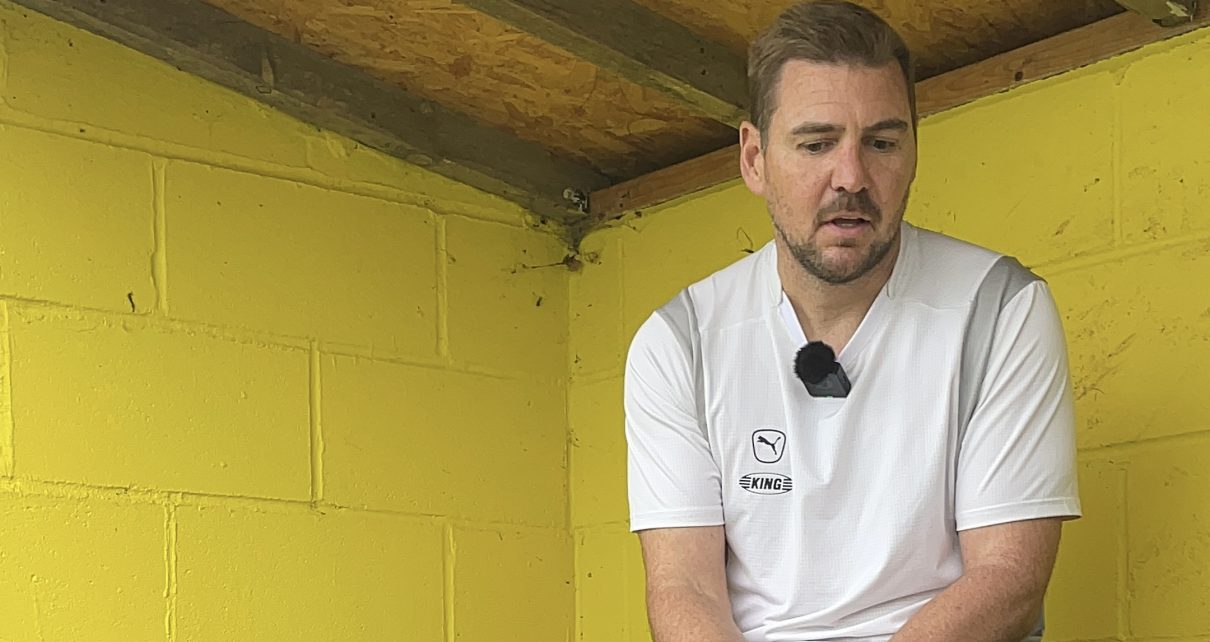The roar of the weekend crowd is unmistakeable: parents, coaches and players all shouting to be heard. But for the person holding the whistle, that noise can sometimes turn toxic.
Malcom Duff, 46, from Dudley, has been refereeing for just over two years. A lifelong football man, he says the grassroots game has become more hostile than ever.
“I played the game; I’ve coached it, 20s playing, 30s coaching, 40s refereeing.
“You build life skills around how you deal with different players, how to react to certain ones.
“But once someone crosses the line, for me it’s about discipline and making sure they recognise who’s in charge. You need to adapt to different players but know when they’ve crossed that line,” said Duff
Referees are walking away from football in record numbers, raising a difficult question: who’s protecting the people meant to be protecting the game?
“That’s difficult. There’s responsibility on both benches, especially the home team, for who attends and what they say.
“Some people think referees should ‘expect’ abuse; we shouldn’t. There should be respect from the start.
“I tell players: You might think it, but don’t say it. If you don’t say it, you don’t get
disciplined. It’s an emotional game, but keep it in.”
Worcestershire Fa has over 400 registered referees, but many fear that number could
fall if the culture doesn’t change.
Some fantastic coverage of our #SeeTheSocks initiative on @ITVCentral this week! ✅ https://t.co/VjcYp4jwBd
— WFA & HFA Referees (@WFAHFARefs) August 19, 2021
As Duff puts it, “The man in the middle can’t please everyone.”
In rugby, however, respect for referees appears to be part of the culture itself, something football still has yet to learn.
“Yeah, the respect levels are miles apart. Rugby’s 10-yard rule works because it’s a territory game. In football, not so much.
“I love the sin bin rule, it’s a great influence. If someone crosses the line, off they go.
“They come back after ten minutes calmer, often apologetic. Out of about 70 games, I’ve
only sin-binned two players. It’s about setting the tone early.”
According to a 2023 FA-backed survey, 98% of grassroots referees in England said
they’ve experienced verbal abuse. In a sport that claims to value respect, that number
speaks for itself.
When abuse has become part of the culture, is there any respect left in the game?
“Being reflective of circumstances. If you give an inch, they take a yard and then a mile.
“The first five, ten minutes are key to controlling the game. You can slow things down when
tempers rise.
“To be fair, most players are decent. You get the odd disagreement, but many still
shake your hand after. That respect matters.”



